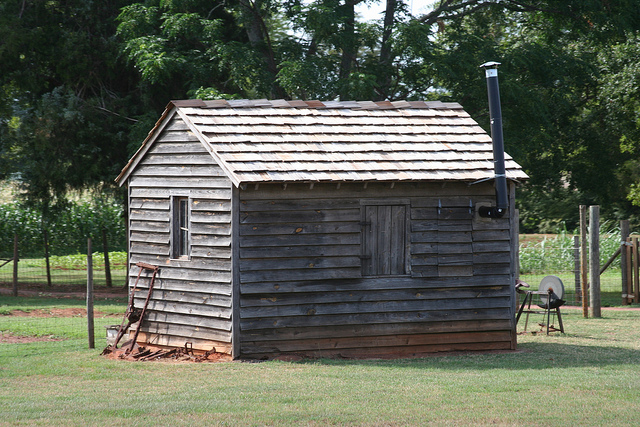Backyard gene editing risks creating a monster
By Editorial,
New Scientist
| 03. 15. 2017
The gene-editing revolution continues to gather pace, but it is also throwing us curveballs. One is an unexpected technical hitch (see “Mosaic problem stands in the way of gene editing embryos“). Another concerns oversight and ownership: who gets to use it, and for what?
In January, David Ishee, a dog breeder from Mississippi, told the US Food and Drug Administration that he planned to use CRISPR gene editing to fix a mutation that makes Dalmatians prone to kidney disease (see “How dogs are helping decode the genetic roots of personality“).
The FDA responded by telling Ishee that he could experiment, but not sell or even give away his modified dogs. The law was recently amended so that gene-edited animals require approval before they can be sold.
But the FDA also said it would reconsider if presented with evidence that certain types of gene editing pose “minimal risk”. How that will be defined or decided is not clear, but it means we could soon see a cottage industry of gene-edited animals created in biohackers’ sheds.
At first glance...
Related Articles
By Jonathan Matthews, GMWatch | 12.11.2025
In our first article in this series, we investigated the dark PR tactics that have accompanied Colossal Bioscience’s de-extinction disinformation campaign, in which transgenic cloned grey wolves have been showcased to the world as resurrected dire wolves – a...
By Jessica Hamzelou, MIT Technology Review | 11.07.2025
This week, we heard that Tom Brady had his dog cloned. The former quarterback revealed that his Junie is actually a clone of Lua, a pit bull mix that died in 2023.
Brady’s announcement follows those of celebrities like Paris...
By Lauran Neergaard, AP News | 11.03.2025
WASHINGTON (AP) — The first clinical trial is getting underway to see if transplanting pig kidneys into people might really save lives.
United Therapeutics, a producer of gene-edited pig kidneys, announced Monday that the study’s initial transplant was performed successfully...
By Meagan Parrish, PharmaVoice | 10.10.2025
When CEO Ben Lamm steps into the spotlight, it’s usually to talk about his efforts bringing extinct animals back to life. Once a far-flung idea, Lamm and the company he heads, Colossal Biosciences, have proven they can pull it off...




